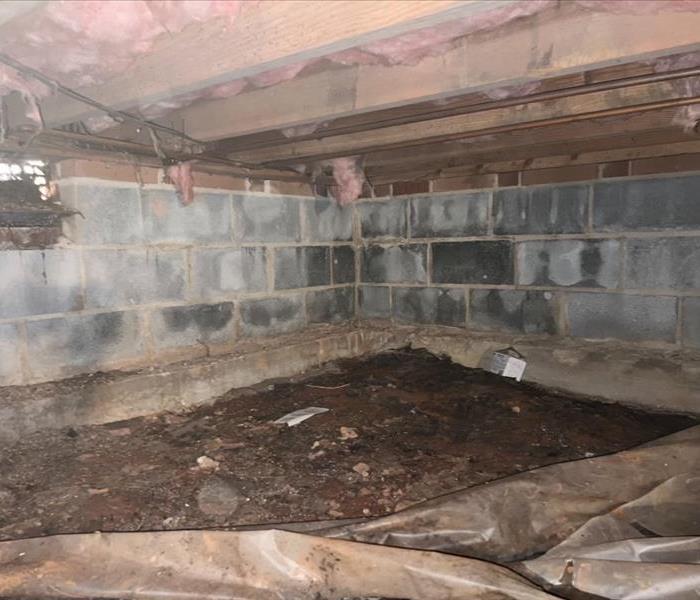The Role of Insurance in Water Damage Restoration
10/16/2023 (Permalink)
Water damage can be a devastating event for any homeowner or business owner. Whether it's caused by a burst pipe, heavy rainfall, or a malfunctioning appliance, water damage can lead to significant expenses and disruptions. Thankfully, insurance coverage can play a crucial role in helping to alleviate the financial burden of water damage restoration. In this blog post, we will explore the importance of insurance in water damage restoration and the key considerations when dealing with insurance claims.
1. Understanding Your Insurance Policy
Before a water damage event occurs, it's essential to have a clear understanding of your insurance policy and what it covers. Most standard homeowner's insurance policies typically cover sudden and accidental water damage, such as a burst pipe or an overflowing washing machine. However, it's important to review your policy carefully and be aware of any specific exclusions or limitations.
2. Prompt Reporting and Documentation
In the event of water damage, it is crucial to promptly contact your insurance company and report the incident. Many insurance policies have specific timeframes for reporting claims, so it's important not to delay. Take photographs or videos of the damage and make a detailed inventory list of the affected items. These records can serve as valuable evidence during the claims process, ensuring that you receive the appropriate compensation for the damage.
3. Working with Restoration Professionals
When dealing with water damage, it is advisable to work with professional water damage restoration companies. These experts have the knowledge, experience, and specialized equipment to effectively mitigate the damage and restore your property. Moreover, they can work with your insurance adjuster to ensure that the restoration costs are fully covered by your policy.
4. Insurance Claims Process
Once you've reported the water damage to your insurance company, an adjuster will be assigned to assess the damage and determine the coverage and reimbursement amount. The adjuster will evaluate the cause of the damage, the extent of the damage, and the necessary repairs. It is crucial to provide all necessary documentation and cooperate with the adjuster to expedite the claims process. Seeking estimates from multiple restoration companies can also help ensure that you receive a fair and accurate reimbursement amount
5. Additional Coverage Considerations
It's important to note that some water damage events may not be covered by a standard homeowner's insurance policy. For example, damage caused by flooding from external sources or lack of maintenance may require separate flood insurance or additional coverage. If you live in an area prone to floods or other water-related risks, it is wise to consider obtaining additional coverage to protect your property.
6. Preventive Measures for Future Protection
While insurance coverage is crucial in water damage restoration, taking preventive measures can help minimize the risk of future incidents and potential insurance claims. Regular maintenance of plumbing systems, prompt repair of leaks, and proper drainage around your property can all contribute to reducing the chances of water damage. Additionally, installing water detection devices and alarms can provide early alerts to potential issues and help mitigate damage before it becomes severe.
Water damage can wreak havoc on your property and finances. Understanding your insurance policy, promptly reporting the damage, working with professionals, and thoroughly documenting the incident are all vital steps in the water damage restoration process. Insurance coverage provides a lifeline in navigating the financial challenges of water damage, allowing you to focus on restoring your home or business to its preloss condition. By being well-informed and proactive, you can effectively navigate the insurance claims process and ensure a smoother path to recovery.






 24/7 Emergency Service
24/7 Emergency Service
